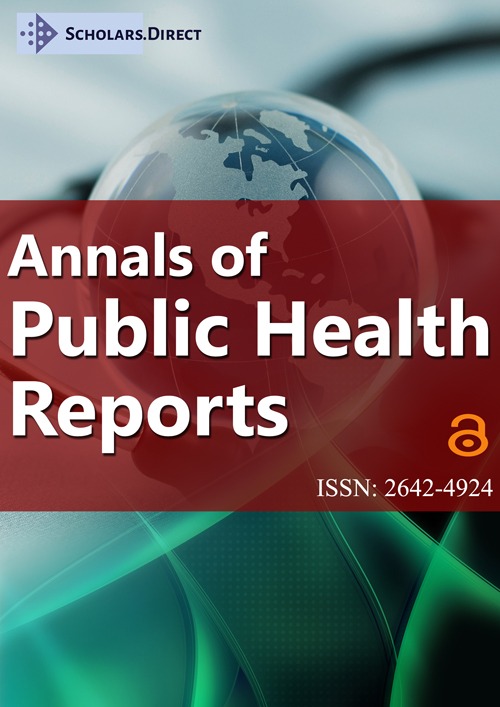Reverse Innovation: Could Learning From LMIC Child Health Programmes Support HIC to Equitably and Efficiently Address Child Health Needs Post COVID-19?
Author(s): Monica Lakhanpaul, Diana Margot Rosenthal, Maya Lakhanpaul, Jennifer Martin, Michelle Heys and Priti Parikh
Language: English
It has been recognised that the first 1000 days (now extended to age 5) of a child’s life are fundamental for growth and brain development. Furthermore, it is considered a critical time across the life course when early intervention can mitigate long-term consequences of malnutrition, infections, and other recognised public health problems leading to conditions such as developmental delay, obesity, diabetes and asthma later in life. The unprecedented global crisis, through the corona virus disease 2019 (COVID-19), will undoubtedly have an impact on child health for many years to come in low and low-middle income countries (LIC/LMIC) but also high-income countries (HIC). The disease has led to a number of barriers hindering the implementation of child health programmes in HIC, which will further contribute to health inequalities especially for those already most marginalized in society. Public health issues such as the decline in children being vaccinated, as observed in England, are likely to become more evident post COVID-19. There is an urgency to consider how we need to modify our current public health strategies in HIC to mitigate for these secondary negative consequences. Looking towards and learning from conflict settings and areas of humanitarian crisis in LIC/LMIC may be a place to start. The process, whereby HIC adopt interventions developed in LIC/LMIC is most frequently described as Reverse Innovation

